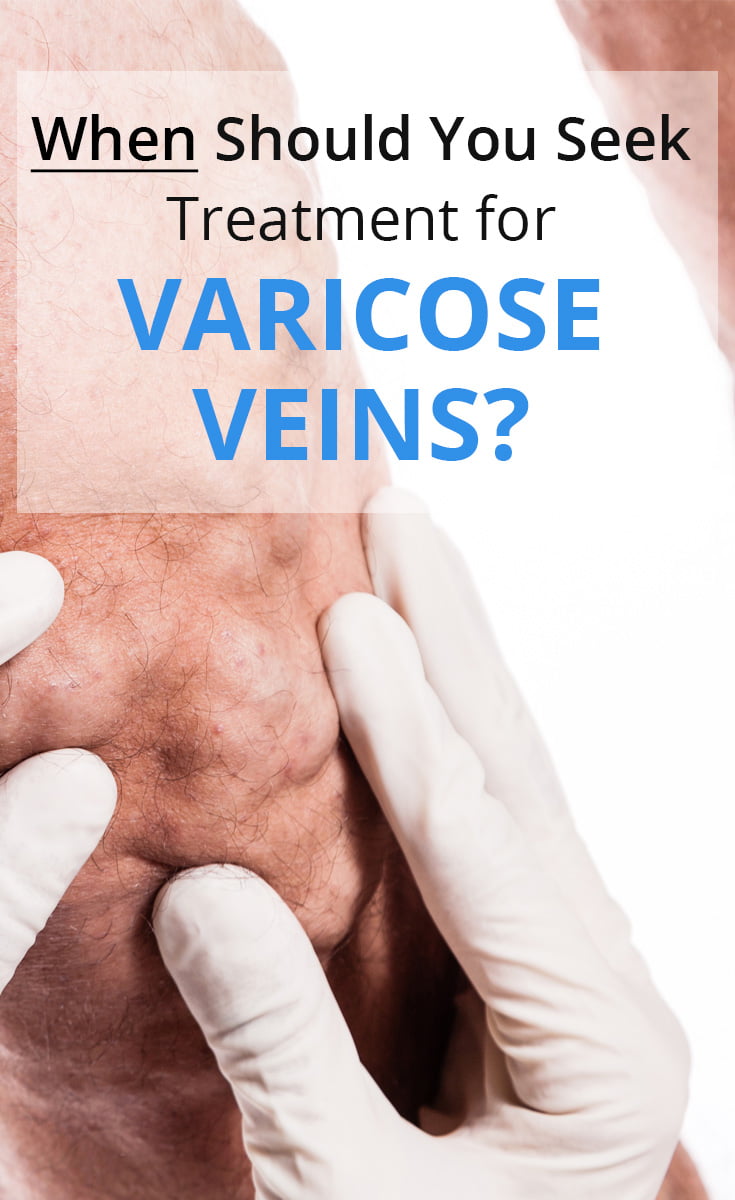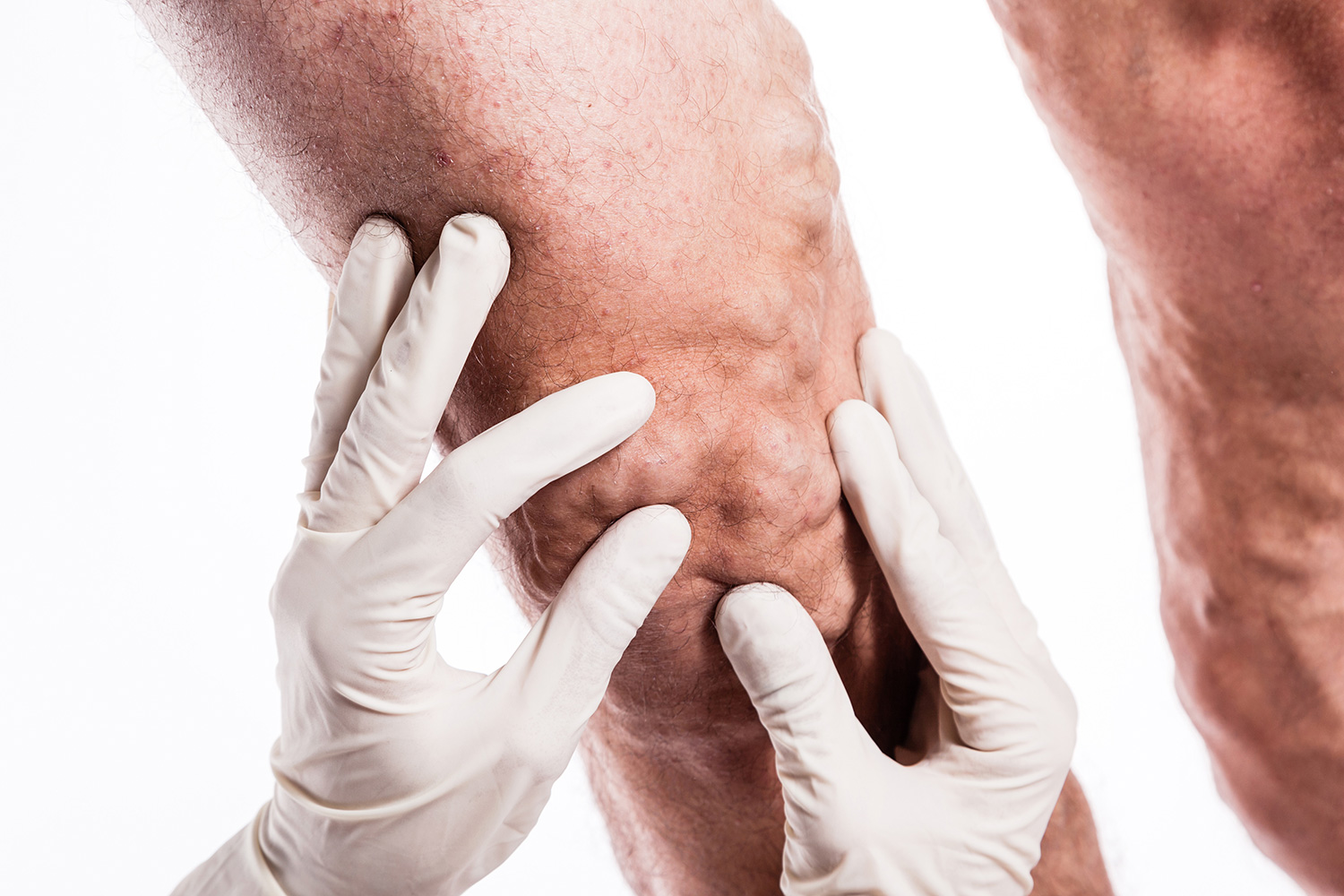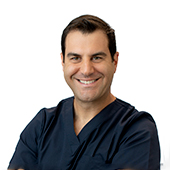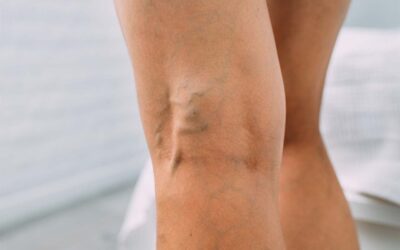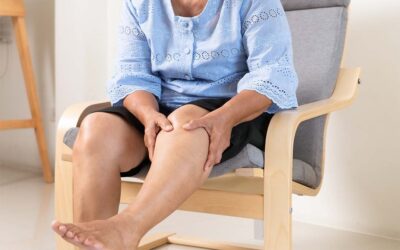Varicose veins can be hereditary and as such, problem veins can have been our long-time friends before we start thinking about getting treatment for them. But at what point should you seek treatment for varicose veins? Should it be when they start aching or swelling or itching?
The Verdict
As soon as you have identified that you have varicose veins, you should see a Phlebologist (a doctor specialising in the diagnosis and treatment of veins) for an assessment and management plan. You should not wait for varicose veins to cause symptoms such as aching, pain, and heaviness. Contrary to what some GPs say, you should certainly not wait for varicose veins to cause complications such as swelling, dermatitis, and ulcers.
You can do some things to reduce swelling and pain however, untreated, they will not right themselves and will only worsen without medical intervention.
Pregnancy and Treatment of Varicose Veins
Pregnancy can aggravate pre-existing varicose veins. Many women who have pregnancy-related varicose veins may have never noticed varicose veins before and it is not until they get pregnant that they become more noticeable and symptoms can begin to present.
Our Phlebologist at Vein Health, Dr Paraskevas, advises women of childbearing age who suffer from symptomatic varicose veins to have their veins assessed and treated in between pregnancies to avoid serious complications during pregnancy.
What kinds of varicose vein treatments are available?
The options for vein treatment used to largely be surgical, invasive, and have a painful recovery time. These days, non-surgical treatments are the way to go. They’re less painful to recover from, permanent and you can walk in and walk out of treatment.
Sclerotherapy is a popular treatment, whether undertaken visually or with the use of an ultrasound. There are laser treatments as well as a ‘vein glue’ that can be injected to simply glue troubling varicose veins closed. All of them are permanent solutions and with each treatment, there is not a scalpel in sight.
Varicose veins don’t have to be allowed to progress into painful complications when there are so many options for treatment.
Plan of Action
If you’re experiencing the symptoms of varicose veins or vein complaints, we recommend contacting a Phlebologist to have an examination, diagnosis, and treatment plan.
